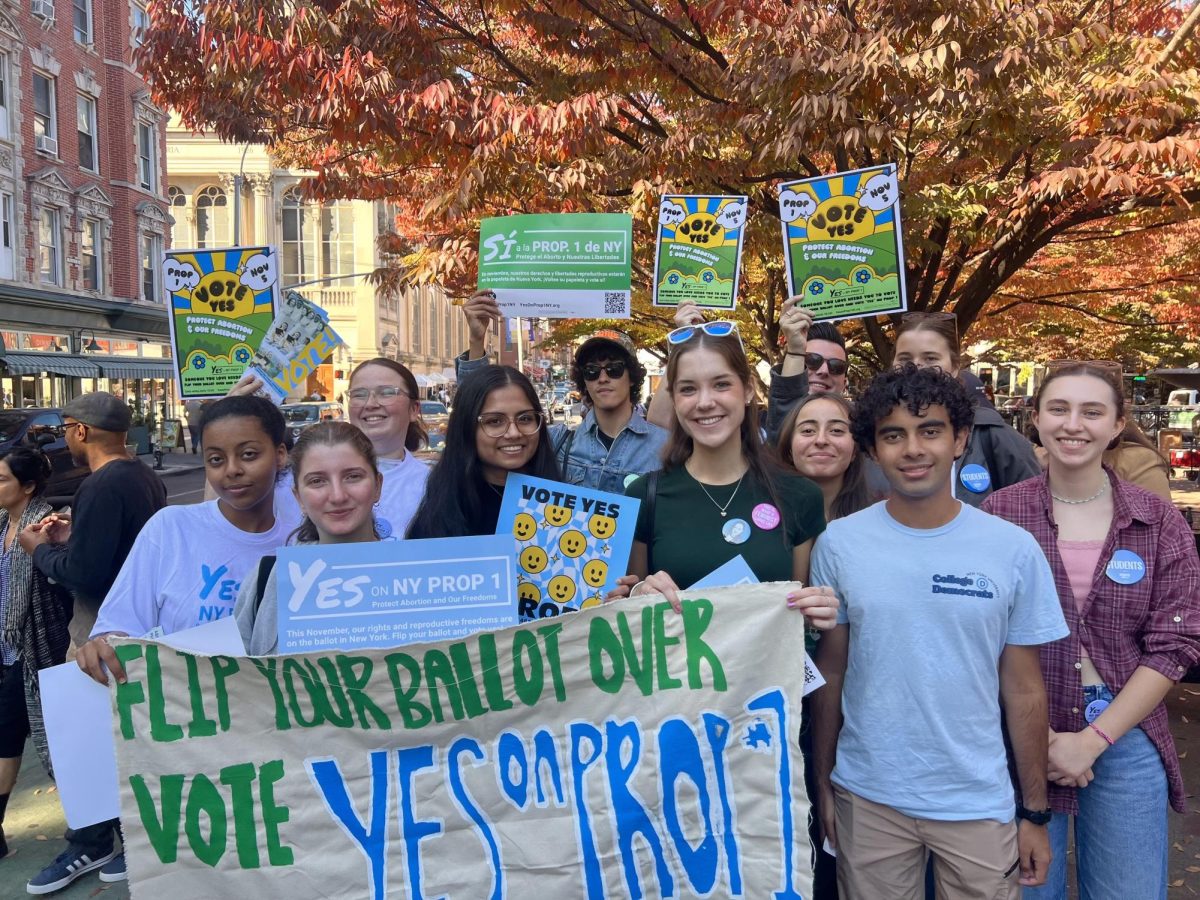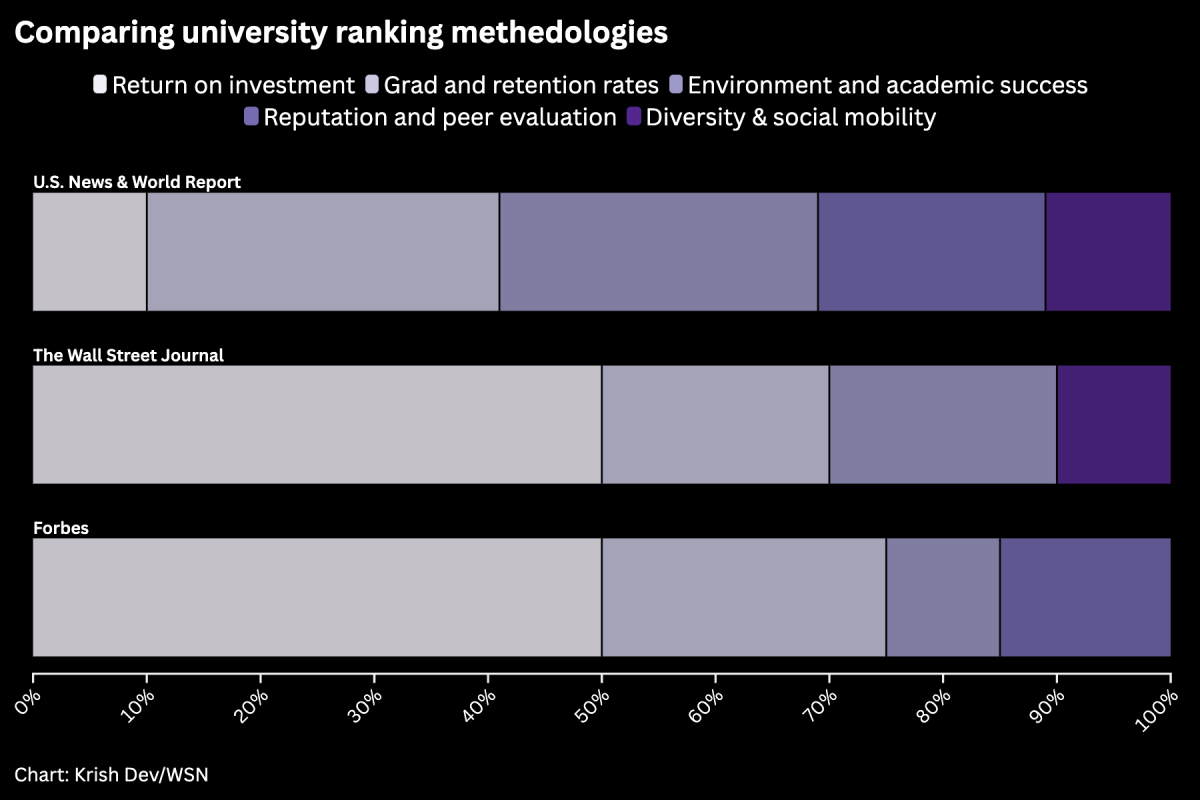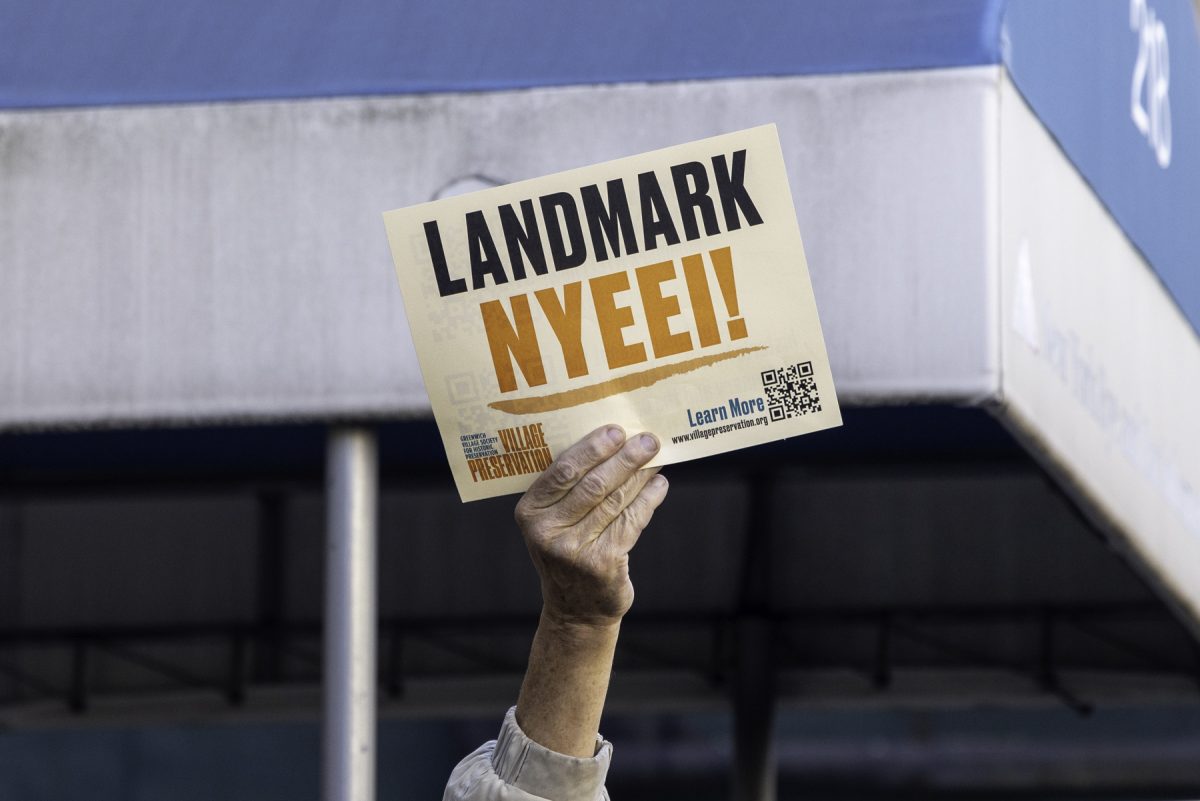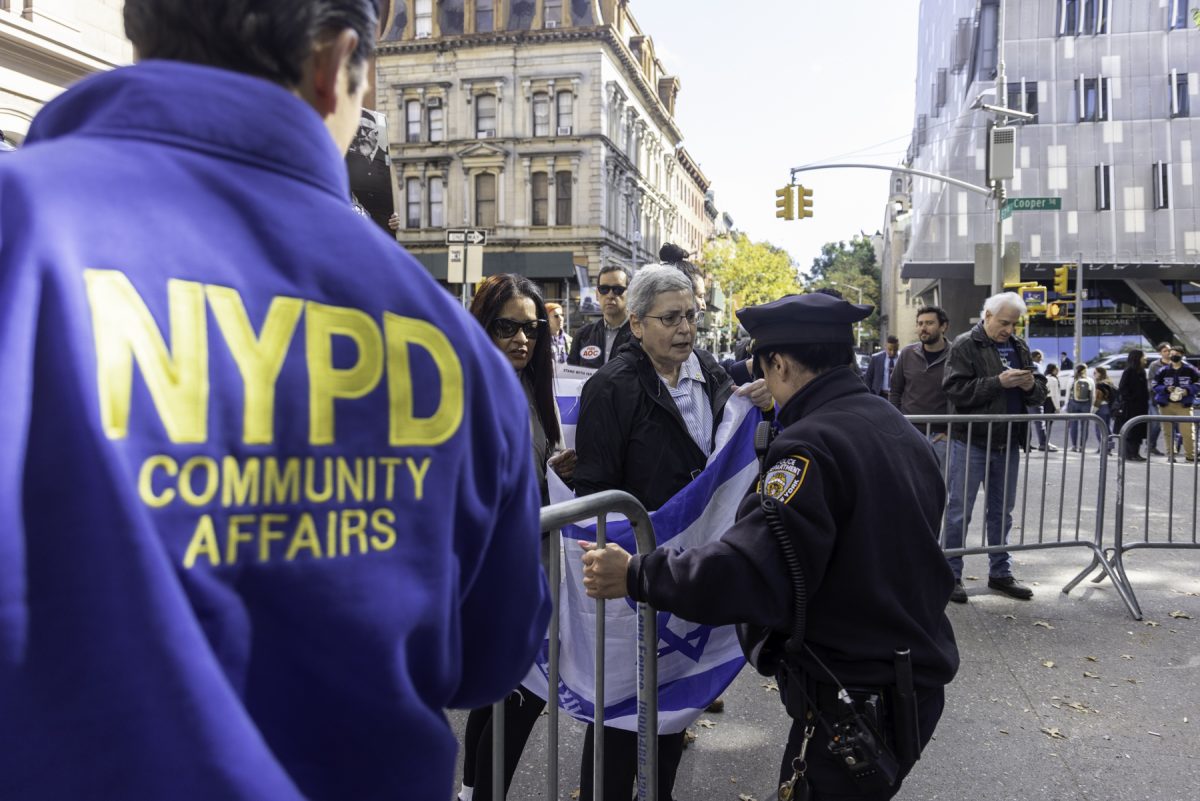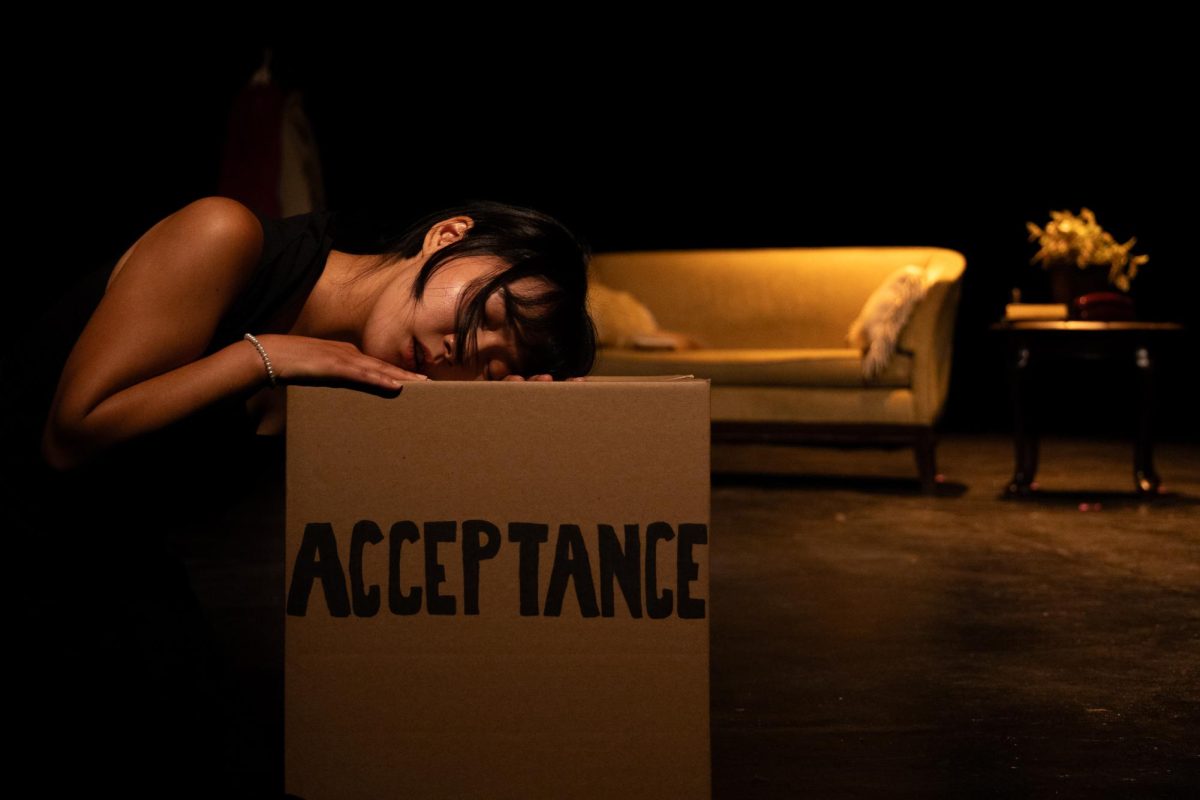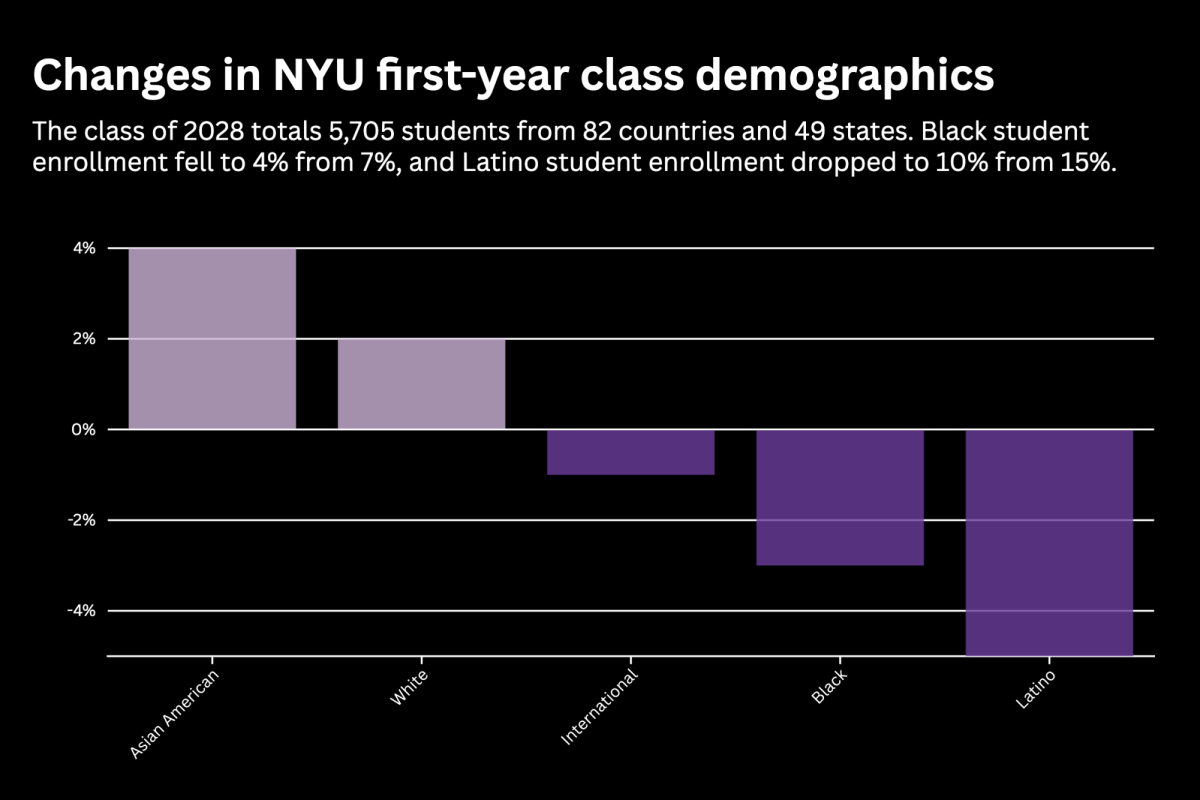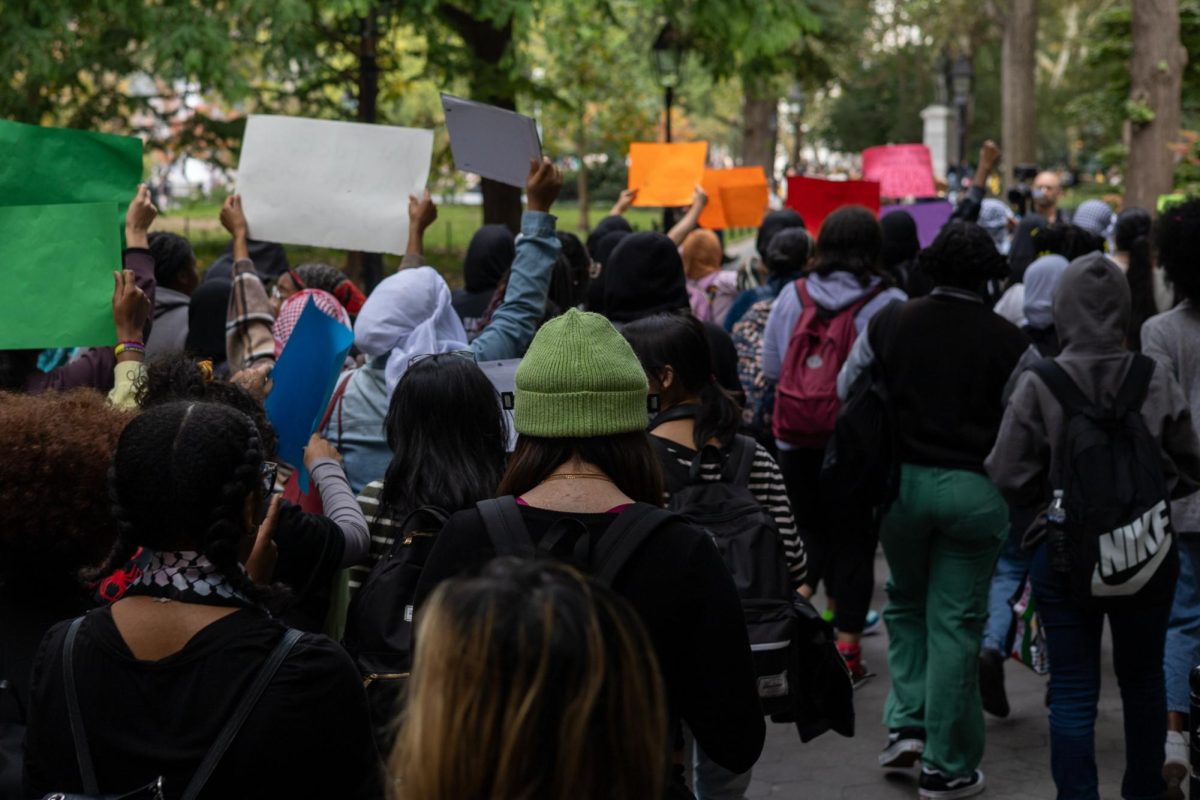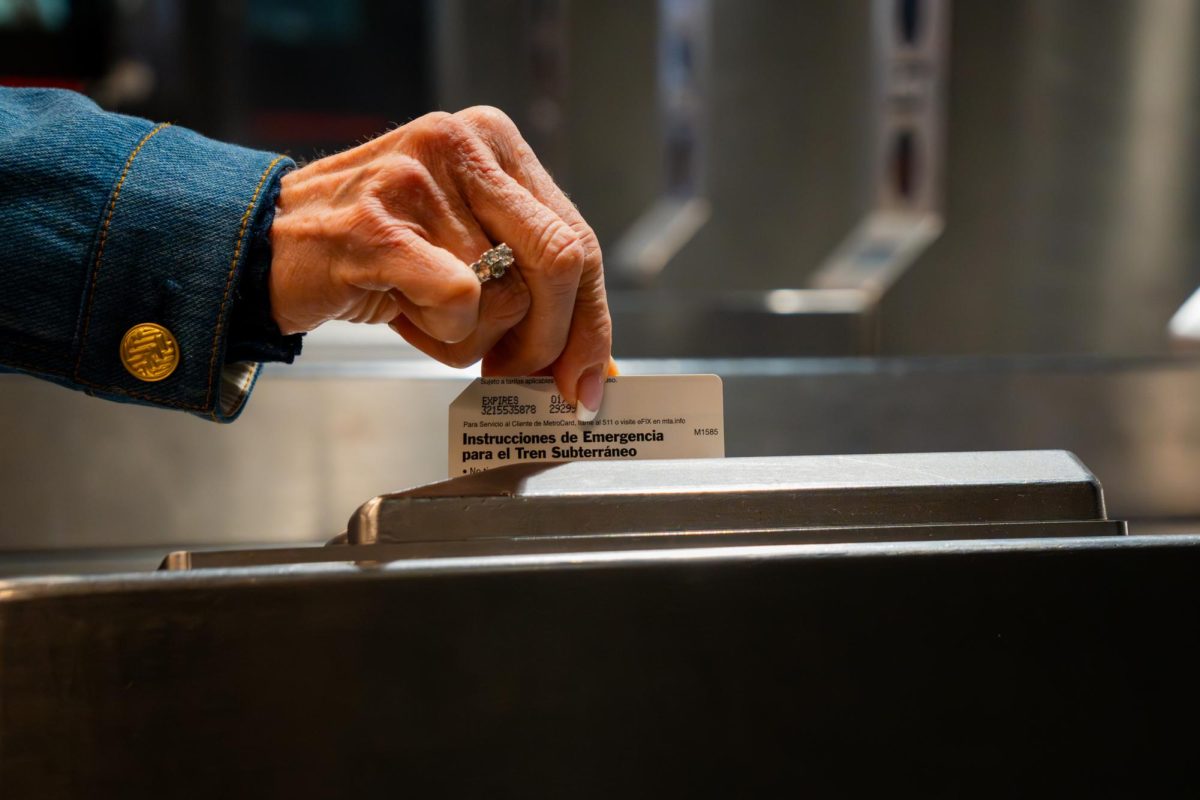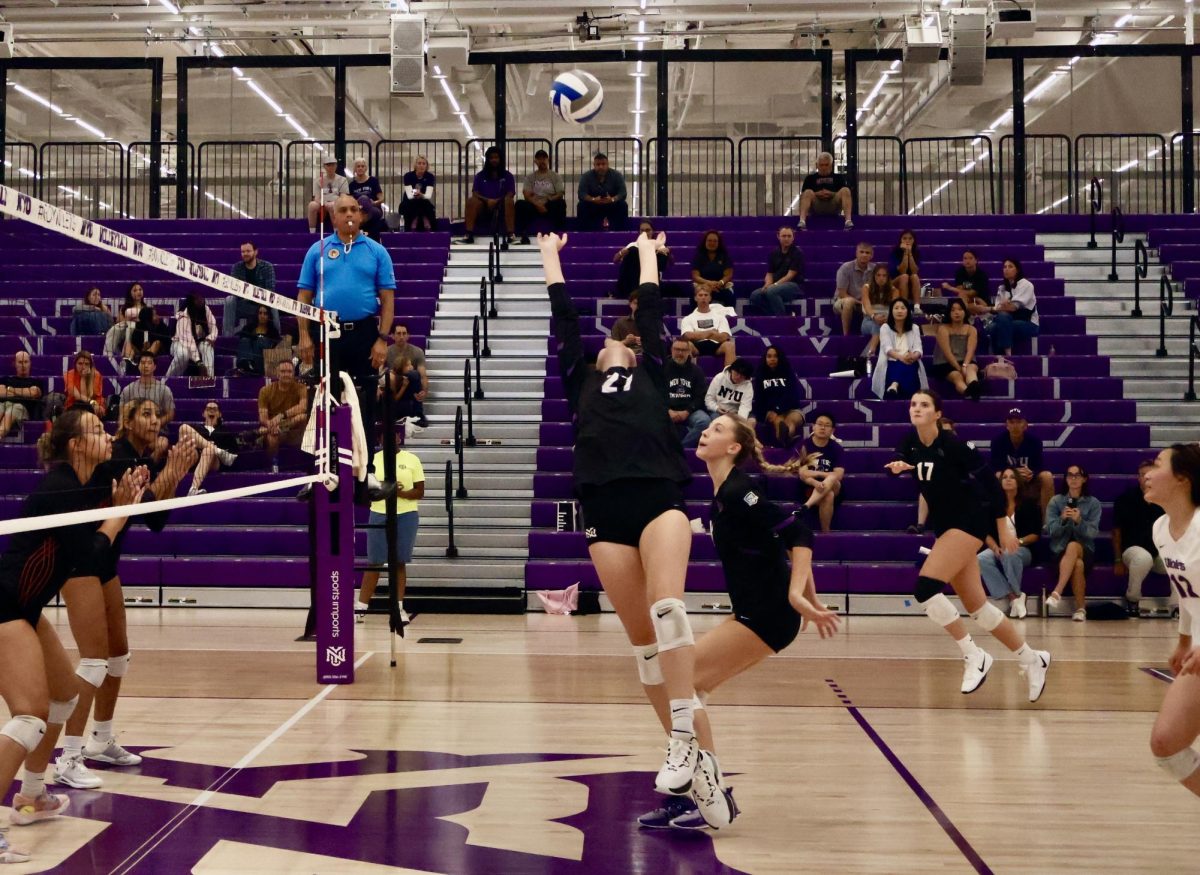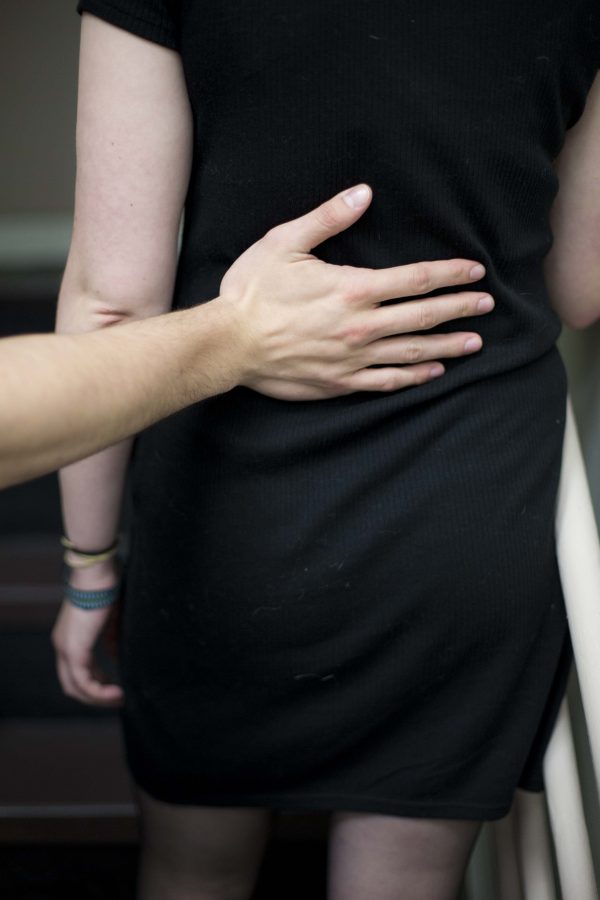Affirmative Consent Causes Confusion
Despite univeristy efforts to prevent sexual assault, it is still a common occurrence on college campuses. NYU’s sexual assault policy is full of ambiguity surrounding the idea of affirmative consent, leaving a lot of grey area regarding proper procedures.
November 28, 2016
The affirmative consent standard in NYU’s Sexual Misconduct Policy continues to cause confusion several years after the university adopted the new standard in 2012.
NYU, as well as many other New York State college campuses, has seen a rise in the number of reported sexual assault cases since affirmative consent was implemented. According to the 2016 NYU Annual Campus Security Report for the New York campus, the number of reported forcible sex offenses — those that occurred both on and off campus — rose from nine in 2013 to 22 in 2015.
The Director of Student Conduct and Community Standards Craig Jolley said this increase may reflect the effectiveness of NYU’s policy and preventive programs, rather than an increase in sexual offenses.
“We feel this is the result of more attention being rightfully given to the issue nationally, as well as the university’s increased efforts to raise awareness within our own community about our policies, procedures and resources,” Jolley said.
Jolley said NYU first adopted the affirmative consent standard in 2012, and the university later expanded its policy in 2014 after New York Governor Andrew Cuomo passed legislation making it mandatory for all State University of New York campuses to clearly define affirmative consent. The amended policy created the Center for Sexual Misconduct Support Service, expanded confidential support services and preventative training and clarified the definition of consent.
NYU defines affirmative consent as “a knowing, voluntary and mutual decision among all participants to engage in sexual activity.” Therefore, clear verbal or physical consent must be given prior to engaging in sexual activity — the university’s policy says that “silence or lack of resistance, in and of itself, does not demonstrate consent.”
However, the affirmative consent policy stands ambiguous, which sparked nationwide discussions about their effectiveness. Last year, the Foundation for Individual Rights in Education questioned NYU students in a video about the affirmative consent policy, and those interviewed found that the policy failed to define keys terms, such as sexual activity and non-verbal consent. This created gray areas within the definition.
FIRE’s Director of Policy Research Samantha Harris said the ambiguity of this definition can be more harmful than causing mild confusion amongst college students, since this confusion can create problems in the courtroom when trying to investigate sexual misconduct accusations.
“I like to say that affirmative consent is ‘good in the bedroom, but bad in the courtroom,’” Harris said. “Meaning, it certainly describes an optimal way for partners to communicate, but it is a poor standard for adjudicating guilt or innocence, because it essentially shifts the burden of proof onto a student accused of assault to prove him or herself innocent.”
Harris said that affirmative consent policies assume that sexual intercourse is nonconsensual unless there is clear evidence of consent — creating a situation where one person’s word is put against another’s.
“It was just two people in that room, and one person says there was not consent,” Harris said. “So where does this leave the other person? If he or she can’t come up with that clear evidence — that is, cannot prove him or herself
innocent — that person is guilty of sexual misconduct, and their life is changed forever.”
The university tried remedying some confusion. In 2015, it became mandatory for all newly enrolled students, including graduate and transfer students, to take Think About It, an interactive module focused on educating students about all sexual assault related topics.
Director of Counseling and Wellness Services Zoe Ragouzeos said that Think About It is another preventive measure against sexual misconduct put in place by the university.
“This module seeks to prevent sexual misconduct by educating students on related topics such as consent, boundaries, personal safety, decision making and alcohol and other drugs, while also educating students on reporting, NYU’s processes for resolving a report and on-campus resources to assist students in every aspect of these matters,” Ragouzeos said.
However, the policies are not static. Jolley said that every year, it undergoes amendments to make it more understandable for students and those in charge of enforcing them.
“The policy undergoes minor revisions each year and we continue to evaluate it as time goes on to make sure it is clear and efficient,” Jolley said. “Revisions are reviewed by the university Senate Ad-Hoc Advisory Committee on Sexual Misconduct. This committee includes faculty, students and administrators appointed by each of the respective senate councils.”
Ragouzeos said that despite the faults some may find with NYU’s Sexual Misconduct Policy, it is in place to protect all NYU students, no matter where they are studying.
“NYU has a single policy and consistent procedures to apply across all three degree-granting campuses, as well as the 11 global academic centers,” Ragouzeos said. “This assures that, irrespective of location, the university is providing a consistent response to all reports of sexual misconduct.”
Faculty and staff members at these locations also receive the same training that those based in New York receive: the proper way to report sexual misconduct, how to provide support to students and other related standards. Students participating in study away programs must also attend orientations that focus on sexual misconduct education and discuss scenarios that might differ at the sites, such as how to travel at night if the subway stops running — something students never have to worry about in NYC.
“People need to be able to know exactly what is prohibited,” Harris said. “Under an affirmative consent policy, however, the sex is presumptively non consensual unless there is some ‘clear’ evidence of consent.”
A version of this article appeared in the Monday, Nov. 28 print edition. Email Sierra Jackson at [email protected].






